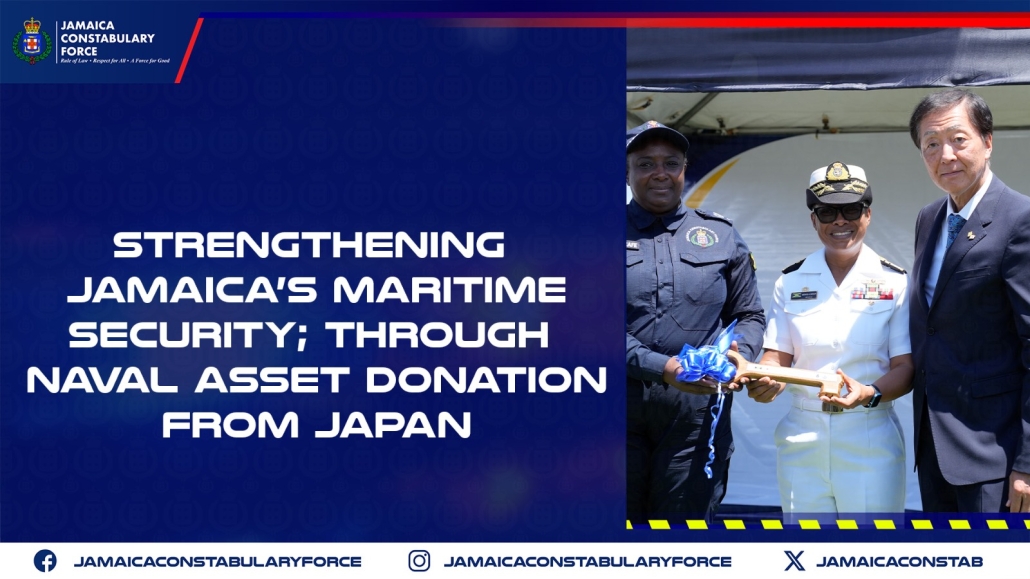
The recent handover of five vessels from the Japanese government to Jamaica’s security forces marks a significant step in enhancing maritime security in the Caribbean nation. This initiative not only strengthens Jamaica’s capabilities in maintaining law and order but also fosters deeper diplomatic ties between Japan and Jamaica.
Jamaica being an island nation faces unique challenges related to maritime security. The waters surrounding the country are vital for trade, tourism, and fishing industries, which are crucial to its economy. However, these waters also present vulnerabilities such as drug trafficking, illegal fishing, and human smuggling. By bolstering maritime security through acquiring modern vessels, Jamaica can better patrol its territorial waters, deter criminal activities, and respond more effectively to emergencies at sea.
This initiative is a testament to the growing relationship between Japan and Jamaica. The presence of high-ranking officials from both nations during the handover ceremony underscores the importance of partnership. The Honorable, Dr. Horace Chang Deputy Prime Minister of Jamaica and Minister of National Security, Assistant Commissioner of Police Jacqueline Green-Scaffe representing the Commissioner of Police, Vice Admiral Mrs. Antonette Wemyss-Gorman, Chief of Defence Staff for the Jamaica Defence Force, Japanese diplomat His Excellency Ambassador Yasuhiro Atsumi and Ambassador Alison Stone-Roofe, permanent secretary for the Ministry of National Security were all in attendance to witness the ceremonial handover.
Japan’s commitment to supporting Jamaica’s maritime security reflects a broader strategy of international collaboration in addressing global issues such as crime and environmental protection. By providing these vessels, Japan demonstrates its willingness to invest in Caribbean nations’ stability and safety while fostering goodwill that can lead to further cooperation in other sectors.
The induction of these maritime vessels is expected to have a profound impact on law enforcement efforts within Jamaican waters. With enhanced surveillance capabilities and increased operational range, both the JCF and JDF will be better positioned to enforce laws effectively. This includes monitoring illegal activities such as drug trafficking routes that often exploit Jamaica’s vast marine territory.
Moreover, improved maritime security contributes directly to public safety by ensuring that citizens feel secure in their coastal communities. As law enforcement agencies become more adept at patrolling these areas, they can build trust with local populations who rely on safe access to marine resources for their livelihoods.
Japan and Jamaica’s forged partnership and the donation of these five vessels will strengthen the maritime framework of the country; create a foundation for future collaborations aimed at promoting regional stability and safety.







